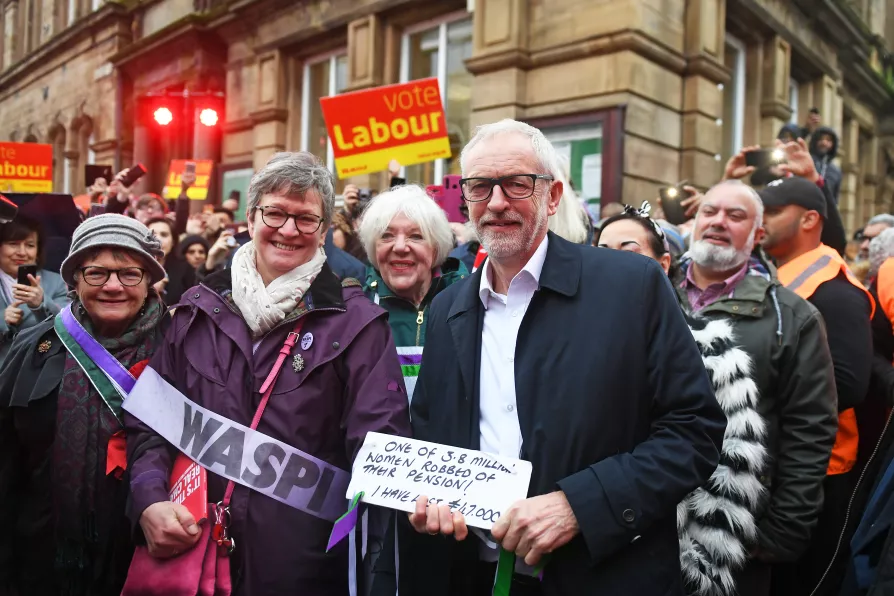Speakers in Berlin traced how Germany’s rearmament, US-led violence abroad and the repression of solidarity at home are converging in a dangerous drive toward war. BEN CHACKO reports


TOMORROW is a chance to elect a socialist prime minister in the country that gave the world Thatcherism and Blairism.
It is a historic election on a par with 1979. Every effort up to 10pm will make a difference.
However the results stack up, the campaign has already revealed fundamental fault lines. Among them is a crisis for the politics of the capitalist class and for the ruling bloc in Britain that has held such control for so long.

In the run-up to the Communist Party congress in November ROB GRIFFITHS outlines a few ideas regarding its participation in the elections of May 2026

Reform’s rise speaks to a deep crisis in Establishment parties – but relies on appealing to social and economic grievances the left should make its own, argues NICK WRIGHT












